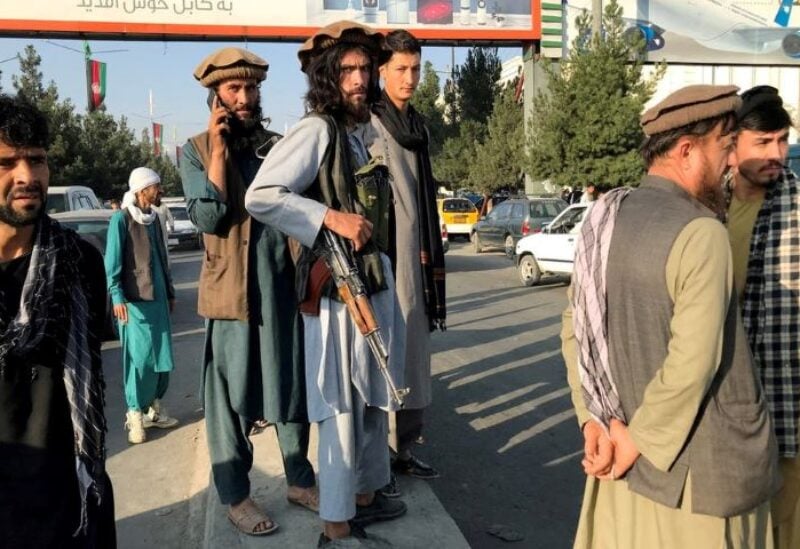
A member of Taliban (C) stands outside Hamid Karzai International Airport in Kabul, Afghanistan
Kabul fell to the Taliban on 15 August, just ten days after the militant group captured its first major city, and just over four months after the US announced that all American troops would be out of the country by the fall. Formally, Moscow continues to consider the Taliban to be a terrorist organization.
Russia has yet to recognize the Taliban, but recognizes the fact that the group has de facto control over the majority of Afghanistan, Kremlin spokesman Dmitry Peskov has said.
“Russia is monitoring very closely how the situation develops, and indeed we believe that the dominance of the Taliban in Afghanistan, that is, the de facto coming to power of the Taliban and taking control of the majority of the country’s territory, is a de facto fait accompli,” the spokesman said, speaking to reporters on Thursday.
Moscow wants to see peace and stability in Afghanistan, Peskov stressed, and will “very carefully monitor” what steps the Taliban takes next “in terms of ensuring order” and security, particularly as far as Russian citizens and Russian diplomats in the country are concerned.
At the same time, Peskov said that Russia has yet to take a firm position on accepting migrants from Afghanistan, and noted that work on this question by Russia’s migration authorities is underway.
A Russian court deemed the Taliban a terrorist organization in 2003, after the militants endorsed Chechen terrorists’ attempt to break off from Russian jurisdiction and to sell the group heavy weapons via a Saudi ‘charity’ intermediary known as al-Haramain. The designation was also in part a goodwill gesture toward the United States in what at the time was considered a united global effort against terrorism.
Despite the terrorism designation, Russian diplomats have nonetheless sought to facilitate negotiations between the Taliban and the (now former) Afghan government in a bid to preserve peace and stability in Afghanistan – which neighbors the former Soviet republics of Central Asia, several of which are Russian allies in the Collective Security Treaty Organization (CSTO) alliance.
In July, a Taliban delegation visited Moscow, and assured Russian officials that the group would not allow Daesh (ISIS)*, al-Qaeda* and other jihadists to operate in areas of Afghanistan under its control. Also last month, Defense Minister Sergei Shoigu warned that Russian military intelligence has received indications that jihadists are being transferred into Afghanistan from other conflict zones, including Syria and Libya.
Russia has not evacuated its Embassy in Kabul, and the Taliban have promised to ensure diplomats’ security in the wake of the US and NATO withdrawal and the Afghan government’s collapse. Last week, Russian Ambassador to Afghanistan Dmitry Zhirnov told Russian media that the Taliban were guarding the Embassy building in Kabul with armored vehicles and machine gun-armed militants.
Four Russian military aircraft completed an operation Wednesday to take roughly 500 citizens of CSTO countries, as well as Uzbekistan and Ukraine, out of Afghanistan.
🇷🇺Russia sends MoD IL-62 and Il-76 planes to #Kabul International Airport with medical teams, water, food and other critical supplies.
>500 citizens of Russia, Belarus, Kyrgyzstan, Tajikistan, Uzbekistan and Ukraine already evacuated. pic.twitter.com/VLB8o1RFnZ
— Russia and NATO (@natomission_ru) August 25, 2021